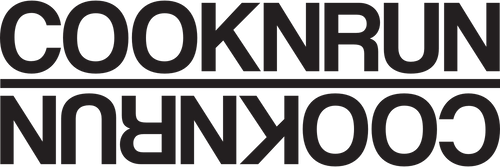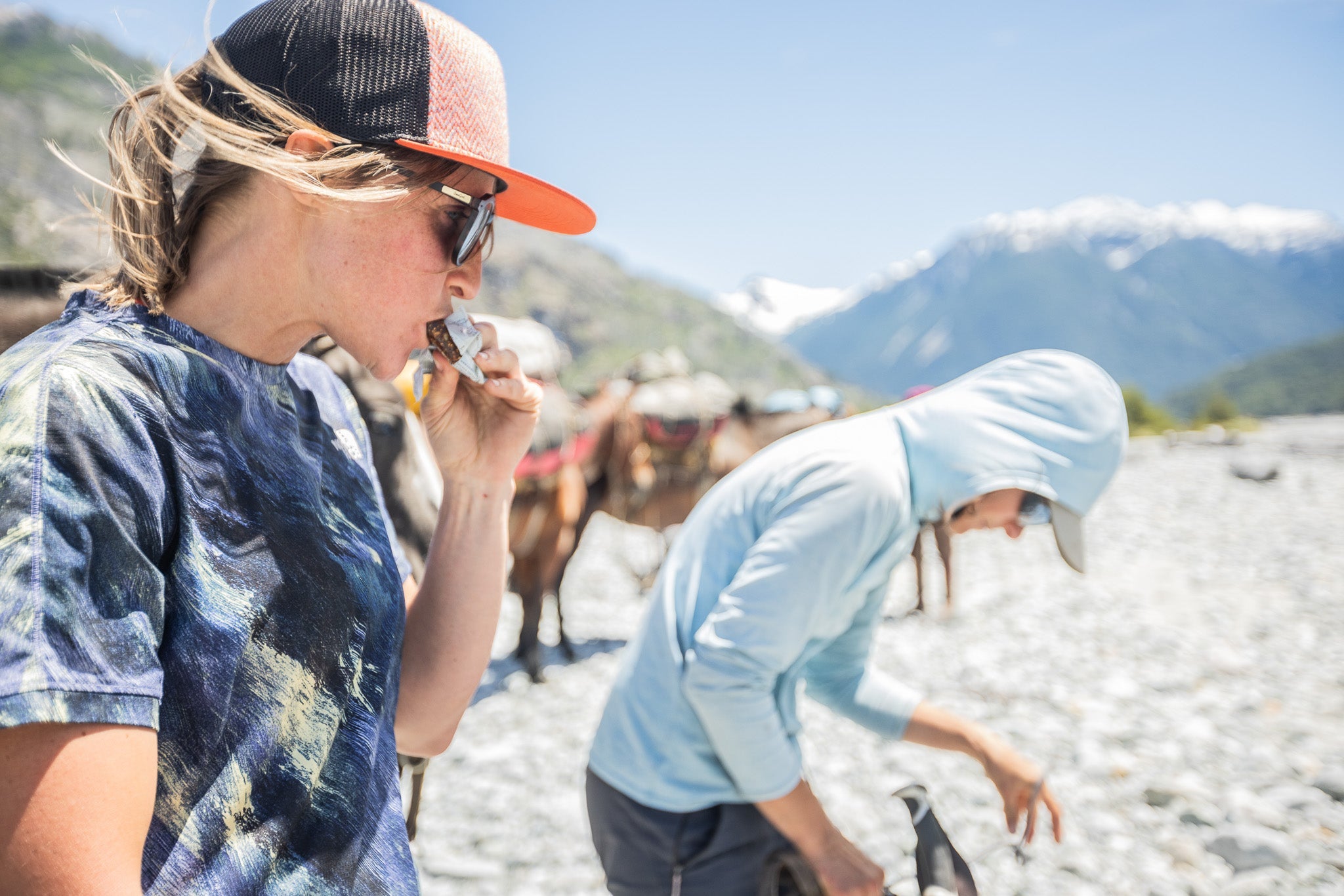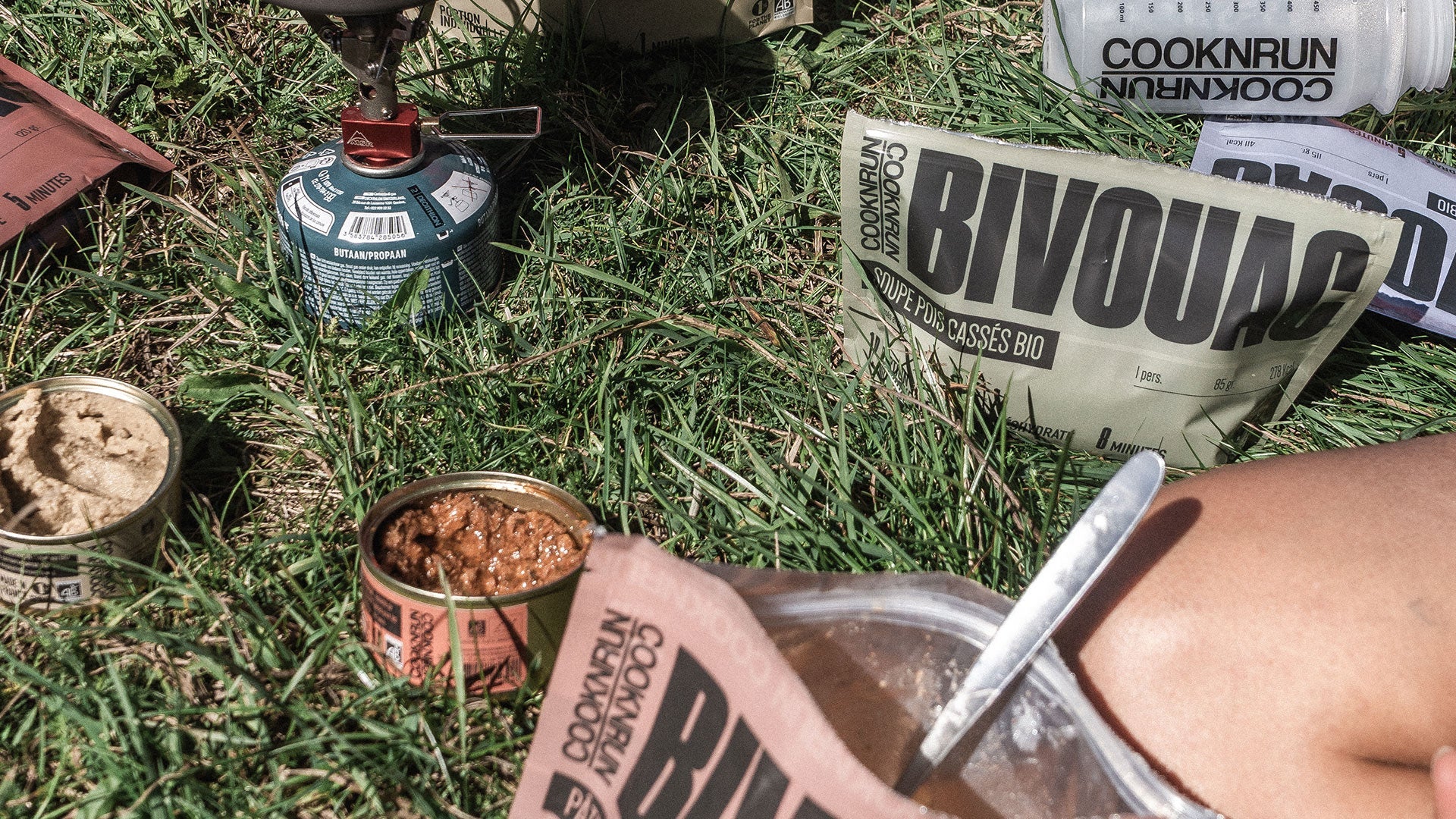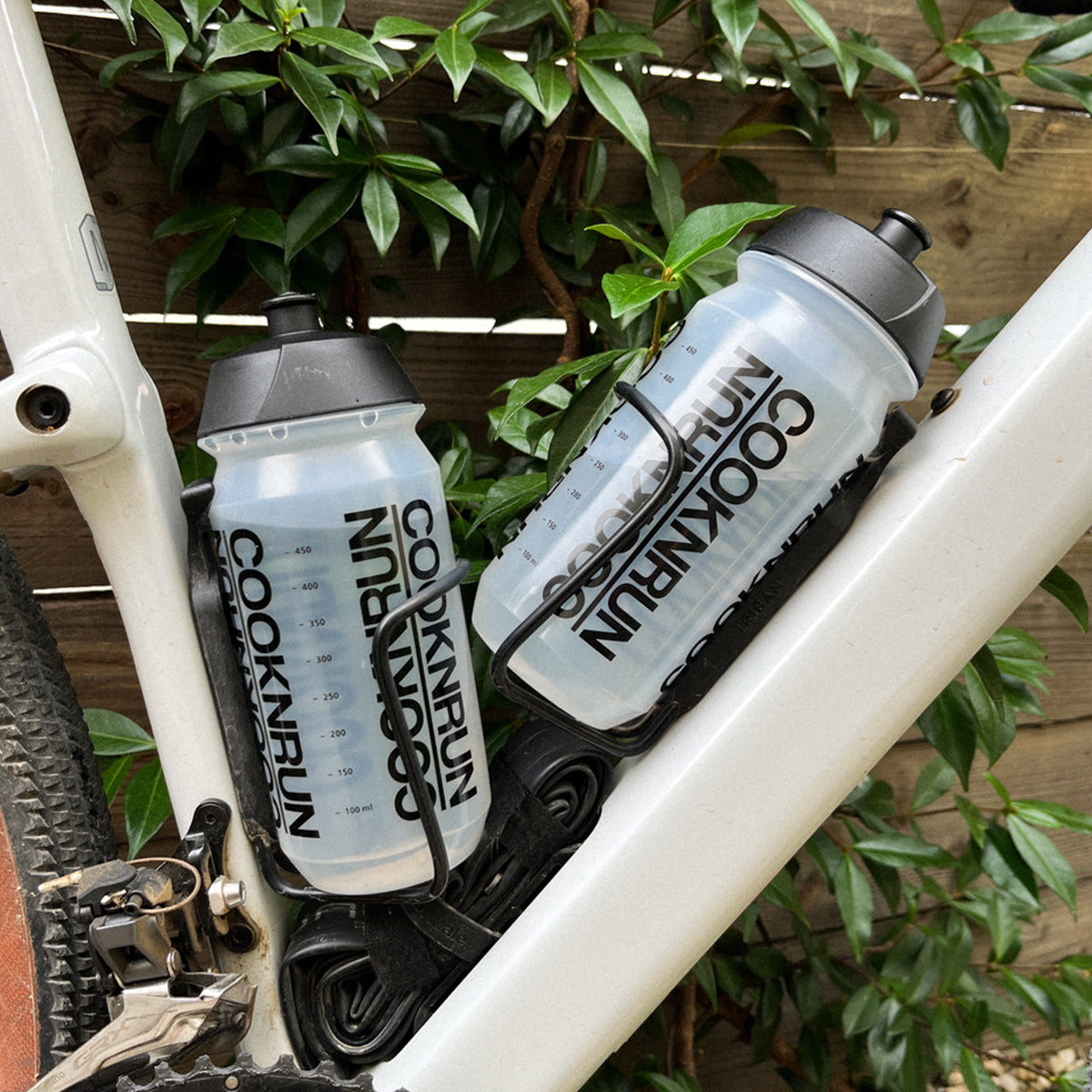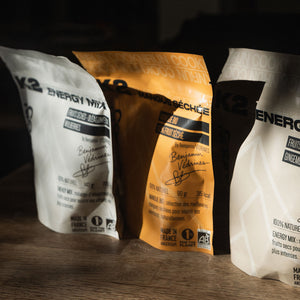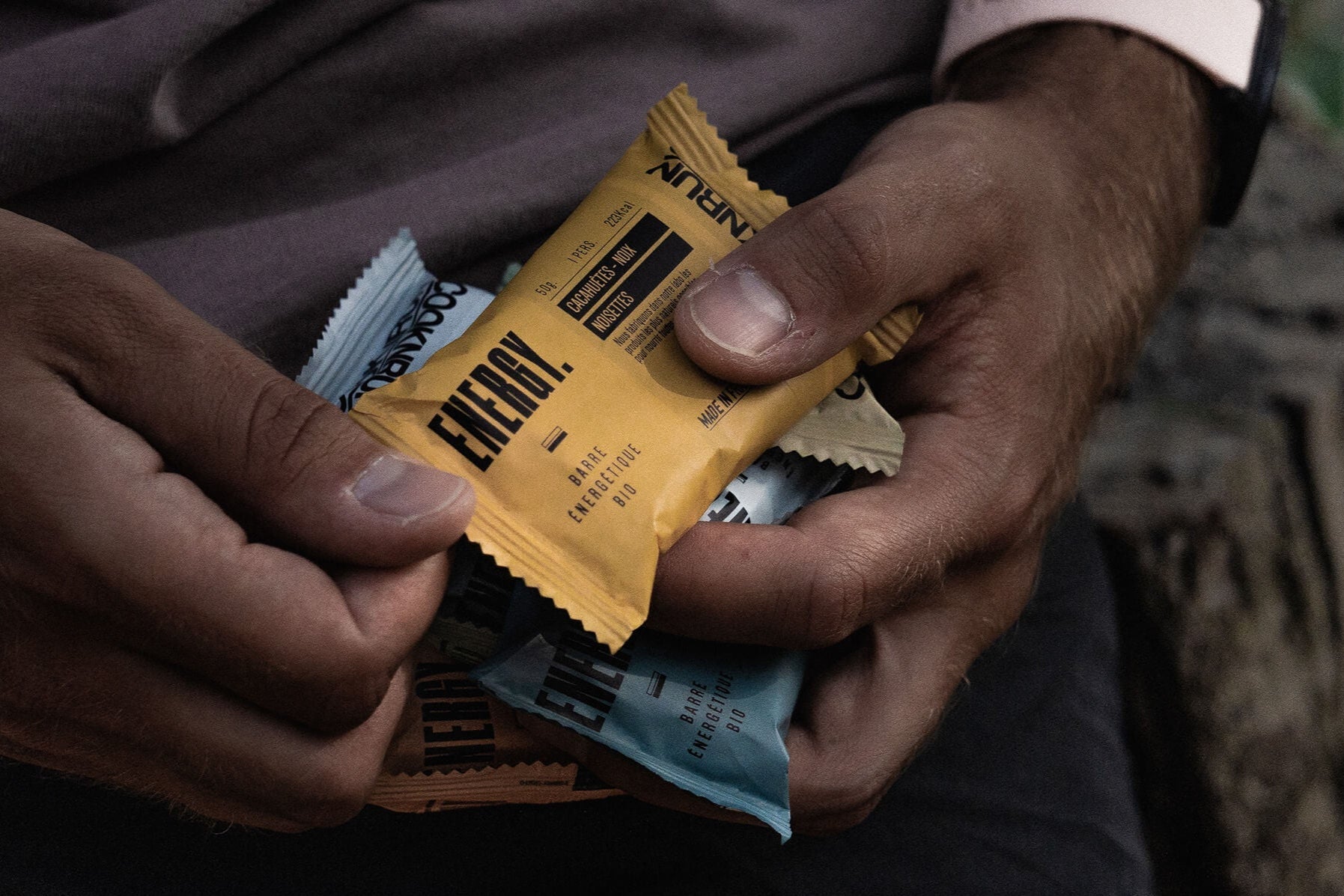Whether you're running your first trail run or aiming for an ultra race, your diet will play a key role in your performance, endurance, and enjoyment. Eating better means running better. Here's a simple guide, tailored to the real needs of trail runners, to optimize your nutrition before, during, and after the race. This nutritional support program is part of a comprehensive nutritional strategy and should be tested during training, ideally over time to avoid negative side effects.
💪 Before the trail: prepare your body
1. Within the previous 3 days
-
Stock up on complexcarbohydrates (foods like brown rice, semi-whole-grain pasta, and sweet potatoes, for example) to replenish your glycogen stores. This will provide the foundation for your energy reserves for the long-term event.
-
Hydrate yourself regularly (1.5 to 2 L/day) to prepare your body for exercise and maintain a good water balance.
-
Focus on an easily digestible diet: limit irritating fibers, fatty or spicy dishes, which can cause digestive problems.
2. The day before
-
A simple and digestible meal: starchy foods + cooked vegetables + small portion of protein (tofu, white fish or lean meats).
-
No surprises: Stick to products you're familiar with to avoid any potential problems. This is an essential part of your overall preparation.
3. Breakfast on D-Day
-
3 hours before the race, eat a meal rich in easily digestible carbohydrates (banana, porridge, wholemeal bread + jam, almonds, vegetable milk).
-
Avoid dairy or fatty products. Hydration +++.
-
If you're leaving early, consider ready-made alternatives like our COOKNRUN freeze-dried porridge. The quality of your departure day also depends on your morning diet.
🍫 During the trail: manage energy and hydration
1. Objective: provide 30 to 60g of carbohydrates/hour of exercise
-
Alternate between bars, gels, fruit purees, isotonic drinks.
-
Our COOKNRUN energy bars , made with fruit, cereals and seeds, are designed to provide a gradual supply of energy without a crash.
-
Eat regularly, even before you feel hungry. Ideally, every 30 to 45 minutes to maintain your nutrient intake.
2. Think salty!
-
In addition to sugar, salt is essential to prevent cramps and compensate for electrolyte losses.
-
Our savory bars (e.g., sweet potato, herbes de Provence) are perfect for alternating flavors, complementing sweet products.
3. Hydration
-
Drink 500 to 800 ml/ h depending on the temperature, in small, regular sips.
-
Choose a drink with minerals and vitamins if the workout lasts more than 2 hours. You can also add a mild oil to slow down the absorption of sugars in certain cases of intense activity.
After the trail: optimize recovery 🥵
1. The 30 critical minutes
-
Right after exercise, have a recovery snack: 3 parts carbohydrates to 1 part protein.
-
Ex: recovery drink, smoothie, COOKNRUN protein bar + dried fruit. Rapid consumption of carbohydrates and proteins reduces muscle fatigue and boosts assimilation functions.
2. Post-race meal
-
Stock up on:
-
Colorful vegetables (antioxidants)
-
Proteins (muscle repair)
-
Complex carbohydrates (energy boost)
-
Quality lipids (nut oil, seeds)
-
3. Hydration ++
-
Continue to drink plenty of fluids in the hours that follow.
-
Water can be supplemented with an alkalizing drink or a draining infusion. This helps restore the body's acid-base balance.
🎁 COOKNRUN bonuses
-
Our organic salty, sweet and protein bars: to vary your intake during races and recovery without saturating.
-
Our freeze-dried vegetarian meals : for a healthy and rapid recovery.
Trail running isn't just about the legs. Nutrition is a real lever for performance , endurance, and enjoyment.
Adopt the right reflexes, test your training intake, and you will leave confident on the big day. Keep in mind the importance of a quality diet, supplemented if necessary with food supplements, to achieve your goals safely and healthily.
